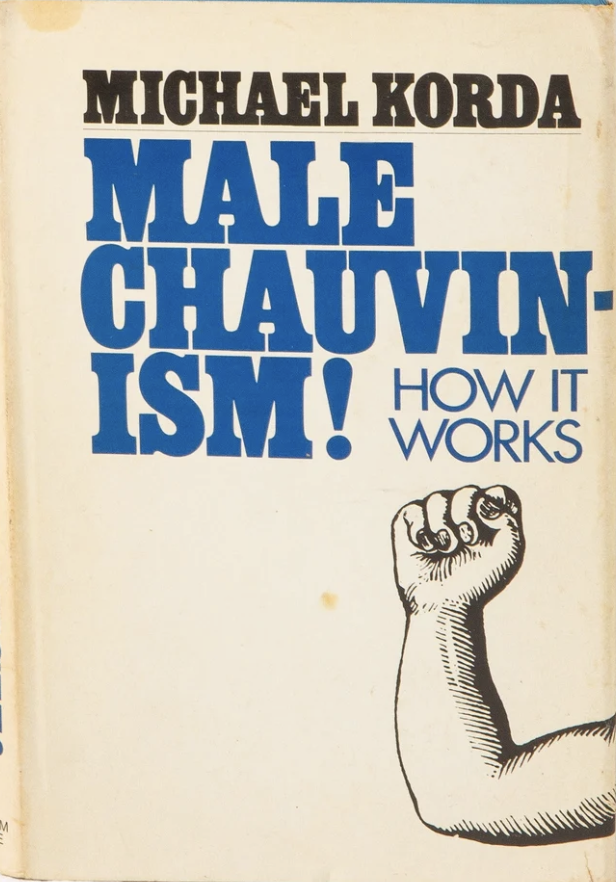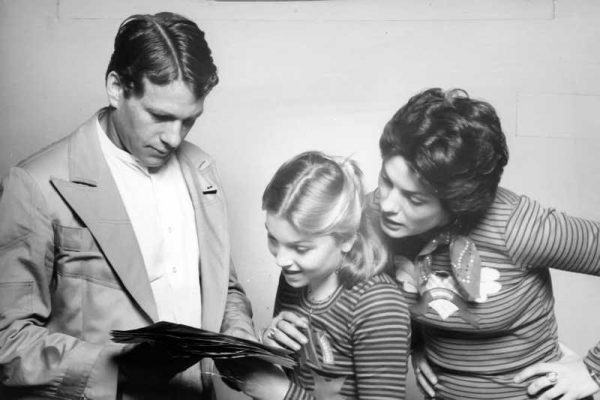Original Publication: Newsweek, June 11, 1973
Male Chauvinism! How It Works by Michael Korda. 242 pages. Random House. $6.95.
One can almost hear the publicity blurbs: At last, a man has dared to tell all, the frank confessional of a male chauvinist defector. “Sisters, open ranks and let a brother fall in beside you. For, what Upton Sinclair did to the meat-packing industry, what Ralph Nadar did to the automobile business, Michael Korda has now done to the Mafia of Male Sexists.” With that send-off (from the well-known feminist author, Irving Wallace) Korda, editor in chief at Simon and Schuster, gets down to business.
Korda zeroes in on the American office where today professional workers who are women earn on the average $7,878 a year and men in the same jobs earn $11,806. It is in the office, Korda maintains, where men are making the last stand against the rising consciousness of women. He discusses the raw material of chauvinism – the insecurities and hang-ups of the American male – and confesses what any talented or ambitious woman already knows: men are threatened by and scared of women’s ability to challenge their virility. So they invent all sorts of little games to keep women in their places: making them start as secretaries instead of management trainees, maneuvering them onto the executive couch, allowing them to rise only so far and no father in the organization. “In a game where men have made all the rules,” says Korda, “every man can win.”
Image: No matter how successful a woman becomes, argues Korda, she cannot become a man’s equal, “not so long as she bears the burden of men’s fantasies about her, not so long as men have the power to create the image against which she is measured” – especially in advertising and popular media – and against which she in turn meaures herself. Those devastating fantasy categories –“divorced, an easy lay, tough, ambitious broad . . . sexually insecure chick who’d probably dig an older man” – are infuriating to any women who tries to talk seriously to a man about her work.
The book provides a potpourri of case histories of discriminatory office practices plus advice on how women can challenge management by organized action, as has happened on some national magazines, but what’s valuable is that Korda is telling it. It’s good to hear a man admit for a change that the only reason male chauvinism exists is for convenience and control. A man, even a successful man, Korda asserts, may have doubts about the American dream, but the last thing he wants is for some woman to compete equally with him. If he gives a little in his attitude at the office, the next thing he knows his wife will be bugging him. Or vice versa. It’s easier to keep the status quo.
“Male Chauvinism” should reassure any woman who thinks she’s getting the shaft at the office – she is. For, if American men are really as sniveling and insecure as Korda say they are, maybe women ought to forget the logic and proceed with karate. A few kung fu chops judiciously applied might whip them into submission.
This article is typed from the original material. Please excuse any errors that have escaped final proofreading.




